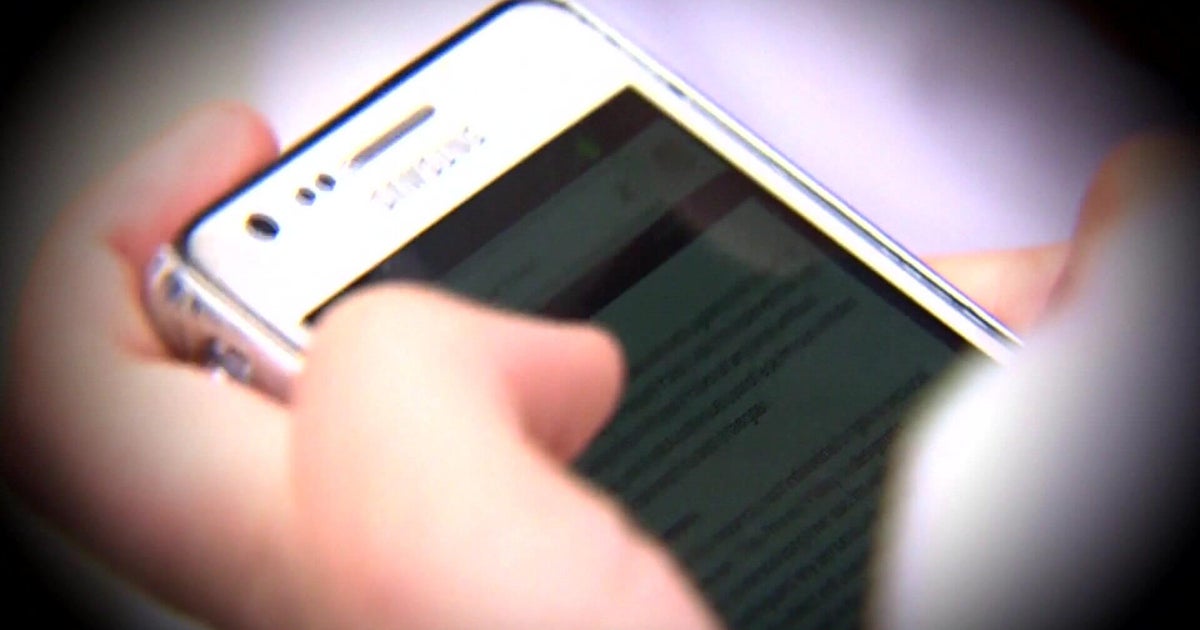Are Wi-Fi Signals Making You Sick?
(CBS) -- Wi-Fi is all around us—at home, at work and across our neighborhoods—so, why are some people saying it's making them sick, and how concerned should we be about this?
CBS 2's Marissa Bailey talks with a woman who suffers from something called electromagnetic hypersensitivity.
"It just always felt like I was drained and never getting enough sleep," said local woman Jennifer Froemel.
Besides her fatigue, Froemel says she has had unexpected weight gain in her mid-section and her brain felt foggy.
"I can tell when something is just not right."
Froemel says she spent months taking herbal supplements and talking to her doctor. Then, a nutritionist friend asked her if anything had changed.
"I said 'no, I haven't gotten anything new," she said, "and then I said 'oh, I got my iPhone'—and I said 'for the first time ever I charge my phone next to my bed at night.'"
Jennifer then called building biologist Barbara Bobbit to test the level of radio frequency waves in her home. Sure enough, between the new iPhone, the new wireless router and the cordless phone, Jennifer's home was within safe limits, but still had high levels of radiofrequency waves.
"Her house is very typical," said Bobbitt, owner of Environmental Adaptations. "Most people have smart phones, most people have Wi-Fi routers [and] most people have a microwave."
Anything with an electrical charge emits electromagnetic fields; that include cell phone towers, smart meters and even outlets.
Electromagnetic hypersensitivity is not new; there is just not much research on it.
"I think we'll just have to wait and see," said Dr. Raphael Lee, a professor at the University of Chicago. "As we understand it right now, there's really no solid evidence that this hypersensitivity problem exists."
But some experts disagree on that.
"It's strong evidence that this is a real syndrome that causes real harm to real people," said environmental scientist Dr. David Carpenter.
A school board in California also took it seriously and agreed to turn off the Wi-Fi in a teacher's classroom to help her feel better throughout her work day.
Froemel, who tells doubters of electromagnetic hypersensitivity that it is real, says she now uses a corded phone, regularly puts her iPhone on airplane mode and turns her Wi-Fi off at home when she is not using it.
"I know it sounds crazy," Froemel said. "I know it doesn't sound right because you're so used to doing things this way, but try it for a week; see what happens."
Estimates are that anywhere from 2 to 10 percent of the population may suffer from electromagnetic hypersensitivity. The World Health Organization is now studying it.
For more information, visit www.nlm.nih.gov and www.who.int.







